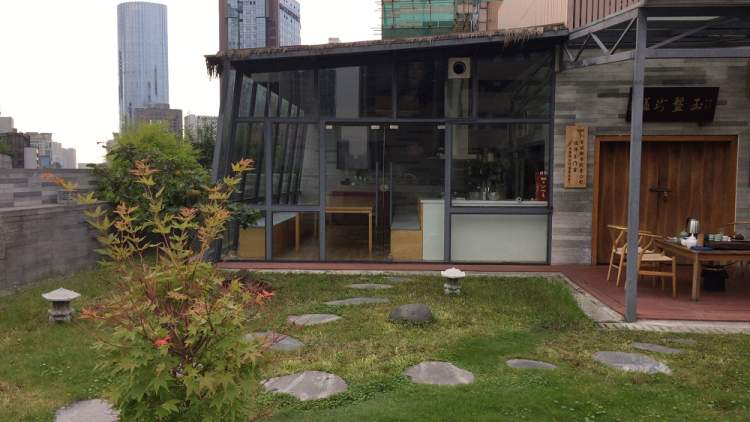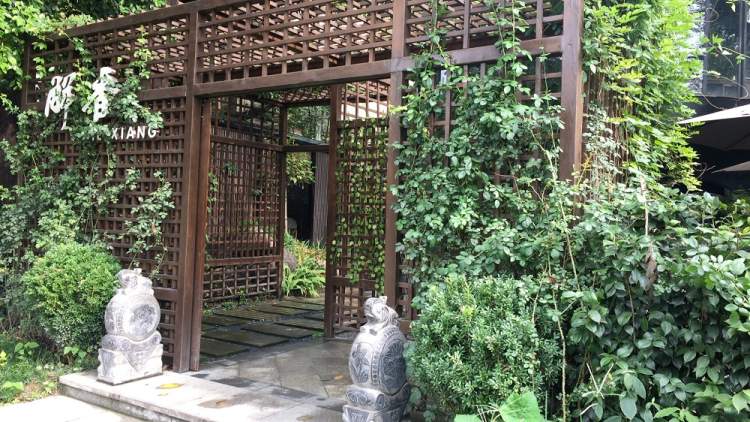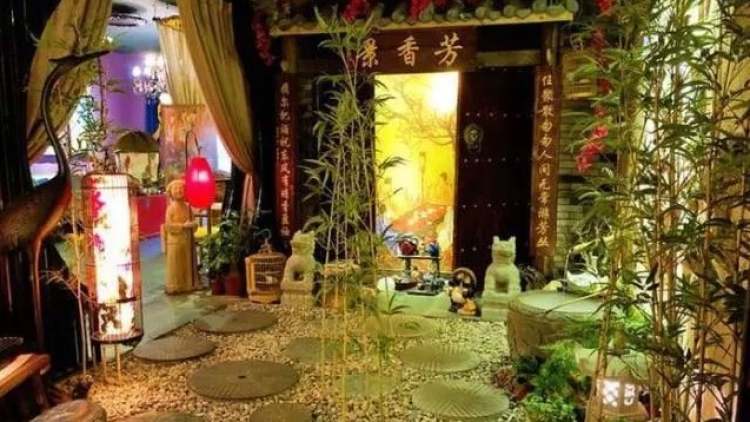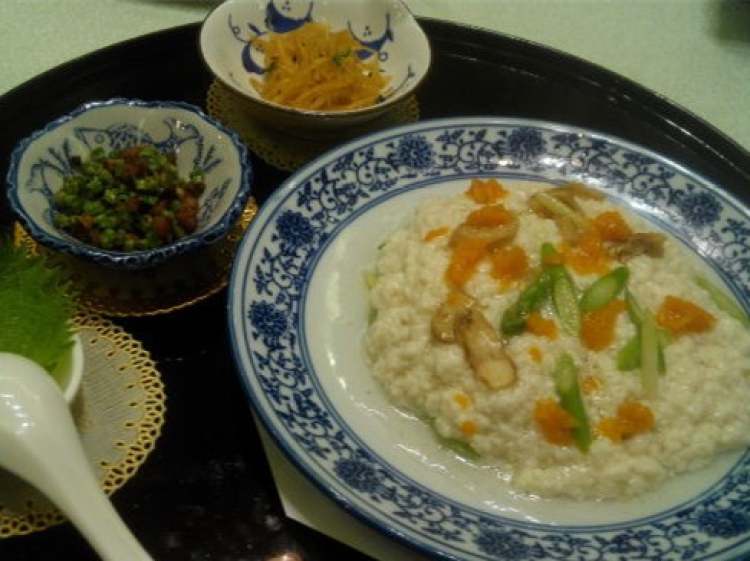Wang Qinrui is the third generation of husband and wife lung tablets. After the husband and wife lung pieces were listed as intangible cultural heritage, the 6th floor of the main store building at No. 23 Zongfu Road became an intangible cultural heritage studio. The single table here is not publicized, and the store information can not be found on various review websites, and only acquaintances and friends are received every day, which can be said to be the most private dish in Chengdu.
Wang Qinrui was born in a family of chefs, studied under famous chefs, and is now a senior technician of Chinese culinary masters. In 2011, he won the special gold medal in the Xinchuan Culinary Technology Competition, and became famous in the industry, and has been invited to perform Sichuan cuisine in Mexico, the United States and other places many times. Wang Qinrui is committed to the improvement of Sichuan cuisine, which is widely presented in his private dishes. He believes that "in addition to taste, the art of food has also become a new pursuit for consumers. "It is an ideal improvement to be more delicate in shape and plating, and at the same time to enhance the eating experience. Taking the most classic husband and wife lung slices as an example, the essence of the traditional method is to cut tripe and beef into a form as big as a cow's paw and as thin as a cicada's wings, which is convenient for flavor and beautiful in appearance. Wang Qinrui rolled up the thinly sliced meat one by one, sandwiched a small strip of celery in the middle, and fixed it with a toothpick, which made the taste more refreshing. If two or more people dine, each person will have a different flavor of sauce, not limited to the spicy taste of the traditional husband and wife lung slices, and the way to eat is more private dishes. This improvement was made when he competed with international celebrity chef Yan Wenda, and was highly praised by the industry. A new type of watercress made from salmon and spicy chicken with a secret sauce are also representative improvements on the set menu.
Wang Qinrui also likes to combine molecular cuisine with Sichuan cuisine. Molecular cuisine, that is, with the help of various exotic tools, through physical changes or chemical reactions, the texture, appearance, and taste of the ingredients are completely broken up and re-"combined" into a new dish, such as caviar made from watermelon and foie gras treated with liquid nitrogen. When a dish is served, what the guests see and guess may not be right, and the original ingredients can be tasted in the mouth, and the huge contrast is surprising. Wang Qinrui's cooking techniques are quite skillful, and the three-Michelin-starred chef in France has also come here to exchange cooking experiences with him because of his love for molecular cuisine.
The private dishes in the technician's studio are served by Wang Qinrui himself, and each package is equipped with about 20 innovative dishes according to the meal standard of more than 800 yuan per capita. All of them are taken from the 24 flavor types of Sichuan cuisine, which have a breakthrough in vision and taste. In the all-round transparent glass room, guests can watch the chef team prepare the dishes on site. Condiments and dishes that need to be cooked over high heat, such as red oil, are prepared in advance, and the on-site cooking is more smokeless and less oily, so there is no need to worry about the impact on the dining area.
The restaurant pays great attention to privacy, only serves dinners, only serves one table per night, and has a waiter at the door to avoid disturbing non-diners. In addition, there is only one waiter in the dining area, and the demeanor is gentle to ensure that guests are not disturbed.
The dining area is located on one side of the garden, and the mist of flowers in the garden and the neon night view of the surrounding area in the distance is a great experience. In season, the garden is full of plants and flowers, and the scenery is pleasant. However, they are not just ornamental plants, but edible flowers and herbs specially selected by Wang Qinrui, and many dishes eaten by guests are used in dishes.







